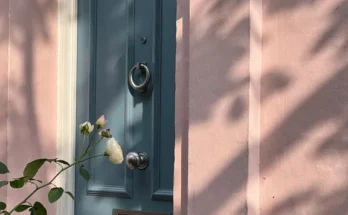The day I gave birth to our daughter Grace should’ve been the most beautiful moment of my life. Instead, it became the day I realized my mother-in-law didn’t respect boundaries—and that my husband’s blind trust had consequences.
It started with a simple text. As Evan rushed to get me to the hospital, his mom Patricia messaged: “Give me the keys. I’ll get the house ready for the baby.” Through the pain of contractions, I agreed. I thought she’d fluff pillows, maybe stock the fridge. I didn’t expect betrayal.
Labor was intense, raw, and transformative. Evan was by my side, fumbling and flustered but present. When Grace arrived, her cry shattered the room—and rebuilt my world. I was exhausted, euphoric, and ready to bring her home.
But home wasn’t what I left behind.
When we walked through the door, I froze. The nursery I’d lovingly prepared was stripped bare. My books were boxed. My art was gone. Patricia had “redecorated”—replacing everything with her taste. She’d even moved furniture, rearranged our bedroom, and stocked the kitchen with food I didn’t eat.
She’d turned our home into hers.
I felt invaded. Violated. While I was in labor, she’d taken control of my space, erasing my presence in the name of “helping.” Evan was stunned, but tried to defend her: “She meant well.” That phrase lit a fire in me.
Meaning well doesn’t excuse erasing someone’s life.
I confronted Patricia. She smiled, unfazed, saying, “I just wanted things to be perfect for the baby.” But it wasn’t about the baby. It was about control. About her inserting herself into our lives without permission.
So I did what I had to. I told her to leave. Right then. No apologies. No second chances.
Later, I changed the locks.
Evan and I had a long, painful conversation. He saw how deeply I’d been hurt. How trust had been broken—not just by Patricia, but by him giving her access without asking me. We rebuilt slowly, with boundaries and honesty.
Now, our home is ours again. Grace is thriving. And Patricia? She visits—but never alone. Never uninvited.
Some lines, once crossed, redraw the map of a relationship. And sometimes, protecting your peace means choosing yourself—even when it’s hard.


